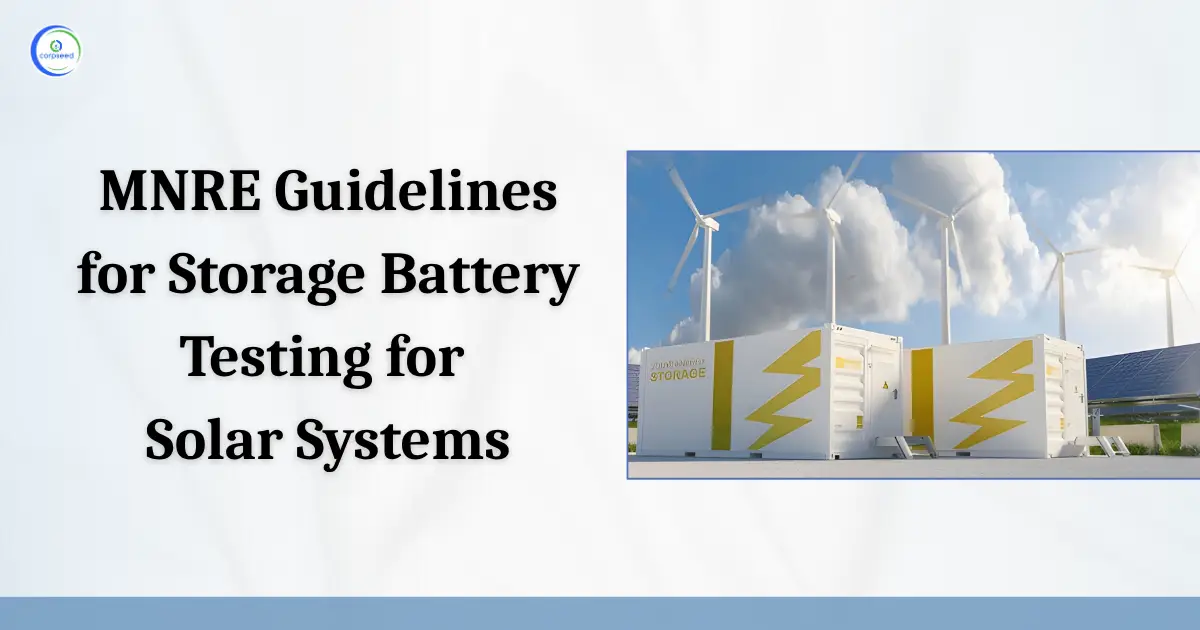Introduction: Thermal Power Plant
Energy can be considered to be an all-pervasive input required in almost every sector. Per capita energy consumption is closely linked to a country's standard of living and with it comes the consequences of the energy crisis.
Table of Contents
--------------Blog Contact Form-------------
In today's world, we are so reliant on electricity that it has become an inextricable part of our lives. The growing need for electric power for residential, private, and industrial purposes entails the cost-effective provision of bulk electric power. This is achieved by the use of suitable electrical generating units, commonly known as power stations. In India, there is still a lot of room for industrial growth and, as a result, a lot of potential for expanding the use of electric power.
What are thermal power plants?
Thermal power plants are plants that make use of thermal resources for their operations like coal, diesel, naphtha or diesel. Electric power is generated through the process of converting the heat energy of these thermal resources.
Thermal power plants: principle
A thermal power plant operates on the concept of releasing heat by the combustion of fuel, which creates steam from water. The steam generated powers a turbine, which in turn powers a generator, which produces electricity.
The Rankine cycle is the basis of a thermal power plant. In the furnace, the heat from coal combustion is used to produce steam. The steam is then amplified in a prime mover (such as a steam turbine) and condensed in a condenser before being pumped back into the boiler. The steam engine powers the alternator, which transforms the turbine's mechanical energy into electrical energy.
Thermal power plants: Advantages and disadvantages
- Advantages:
- In comparison to other generating stations, there is a lower initial cost.
- The energy source, which is usually coal, is relatively inexpensive.
- The generation cost is lower in comparison to the diesel-fueled station.
- The requirement of space to set up a thermal power station is comparatively less
- It can be deployed anywhere, regardless of whether or not coal is present. The coal can be shipped by rail or road to the plant's location.
- Disadvantages:
- To be able to run a thermal power plant, the running cost is more when compared to the hydroelectric plant
- It causes pollution by emitting a significant volume of smoke and gases.
Prerequisites required for setting up the thermal power plant
To begin with, the procurement and placement of required power generation equipment can be done in such a way that a maximum return is achieved for the least amount of money spent over the plant's operating life. Second, the plant's service should be such that it can provide low-cost, dependable, and consistent power.
Setting up the thermal power plant
Before constructing a thermal power plant, the following considerations must be made:
- Supply of fuel: The thermal power plant should be situated next to the coal mines to reduce fuel transportation costs.
- Fuel’s cost: The fuel being used in the power plant should be inexpensive and readily accessible, or adequate transportation services to the site should be present.
- Availability of water: Condensers, for example, need a significant volume of water. As a result, thermal power plants should be built along the banks of rivers or along canals to ensure a constant flow of water.
- Transportation of facility
- Cost and type of land: Thermal power plants can be built in areas where land is inexpensive. The cost of land in the urban area will be high, although it will be minimal in rural areas. Furthermore, the land's bearing capacity must be sufficient for heavy equipment to be mounted. The land should be designed in such a way that private property acquisition is minimized, if not eliminated entirely.
- Near to load center: The plant should be situated in the heart of the load to minimize transmitting costs. It is important that a DC power supply system be implemented.
- Distance from the populated area: To minimize emissions in populated areas, the plant should be situated at a significant distance from them.
- Disposal facility provided: There should be a place to dispose of ash and other waste.
- Earthquake proof: Make sure to select an earthquake-free area in the vicinity of the thermal power station.
- Labor availability must be ensured at all times.
- It should not cause obstruction: If the power station is located near an aerodrome, the power station's chimney must not hinder planes from taking off or landing.
Thermal Power Plant: Required clearances
There are numerous clearances that one must acquire in order to set up a thermal power plant in India few of them are as follows:
- To commence the business, an incorporation certificate is required
- memorandum related to the industrial enterprise must be filed
- Registration of Sales Tax must be made
- IEC code must be fetched
- Under the provisions of the State Employees Insurance Act, 1948, registration must be done.
- Labour Act -registration
- Minimum Wages Act- registration
- Provident Funds Act –registration
- Clearance related to CRZ
- Permission to draw water
- Environment clearance-consent to establish, study of EIA etc.
- Power purchase agreement
- Clearance related to chimney
- Approval for construction power
- Clearance related to CEIG
- Certification related to COD
Conclusion
Thermal power plants entail low initial cost and require less space as compared to other plants. Establishing a thermal power plant in India requires great deal of clearances and hence is a tedious job to be carried out.
This portion of the site is for informational purposes only. The content is not legal advice. The statements and opinions are the expression of author, not corpseed, and have not been evaluated by corpseed for accuracy, completeness, or changes in the law.
BOOK A FREE CONSULTATION
Get help from an experienced legal adviser. Schedule your consultation at a time that works for you and it's absolutely FREE.









